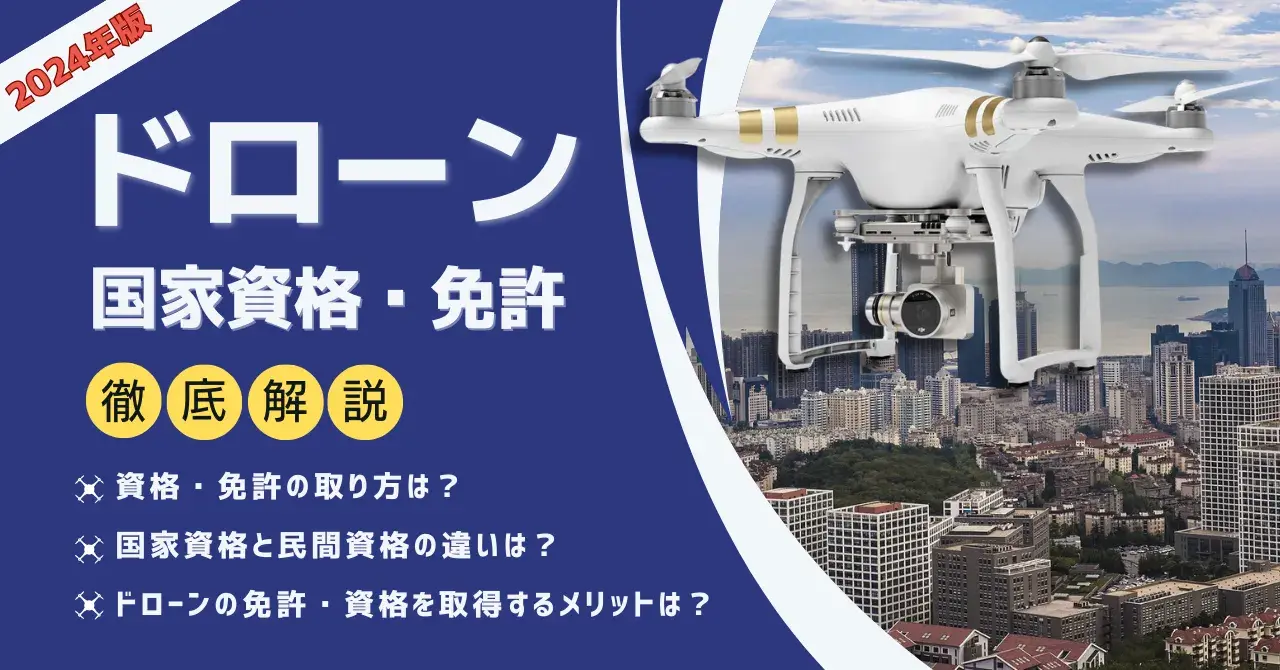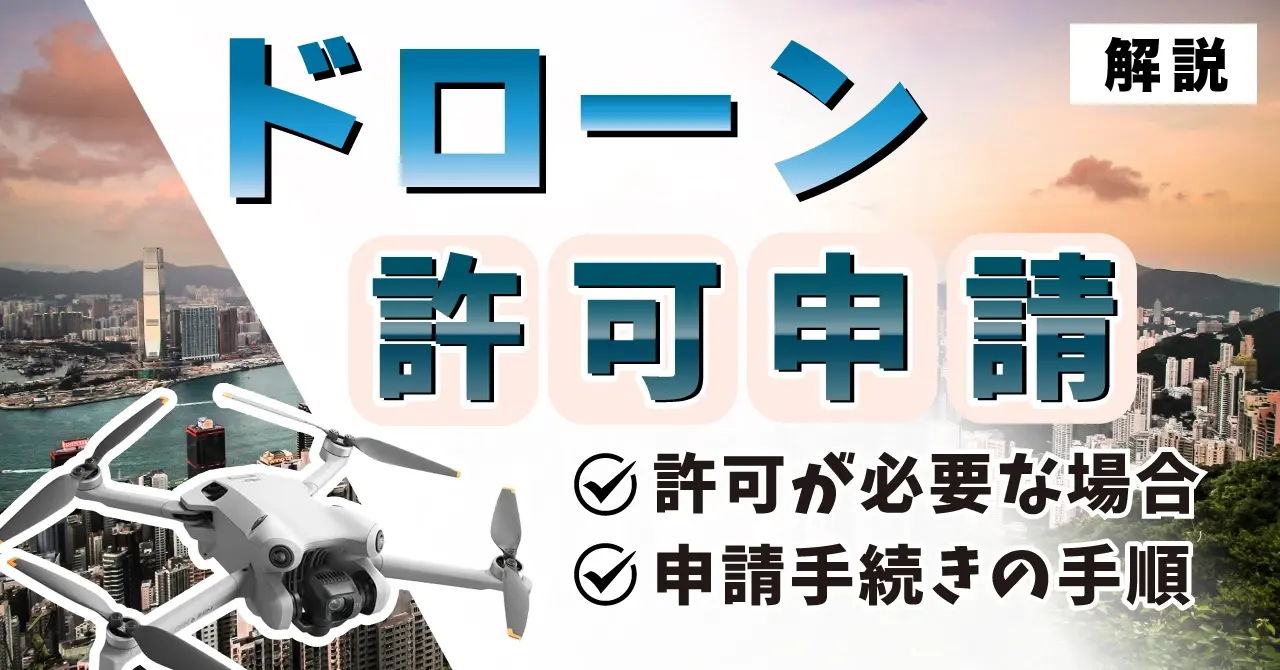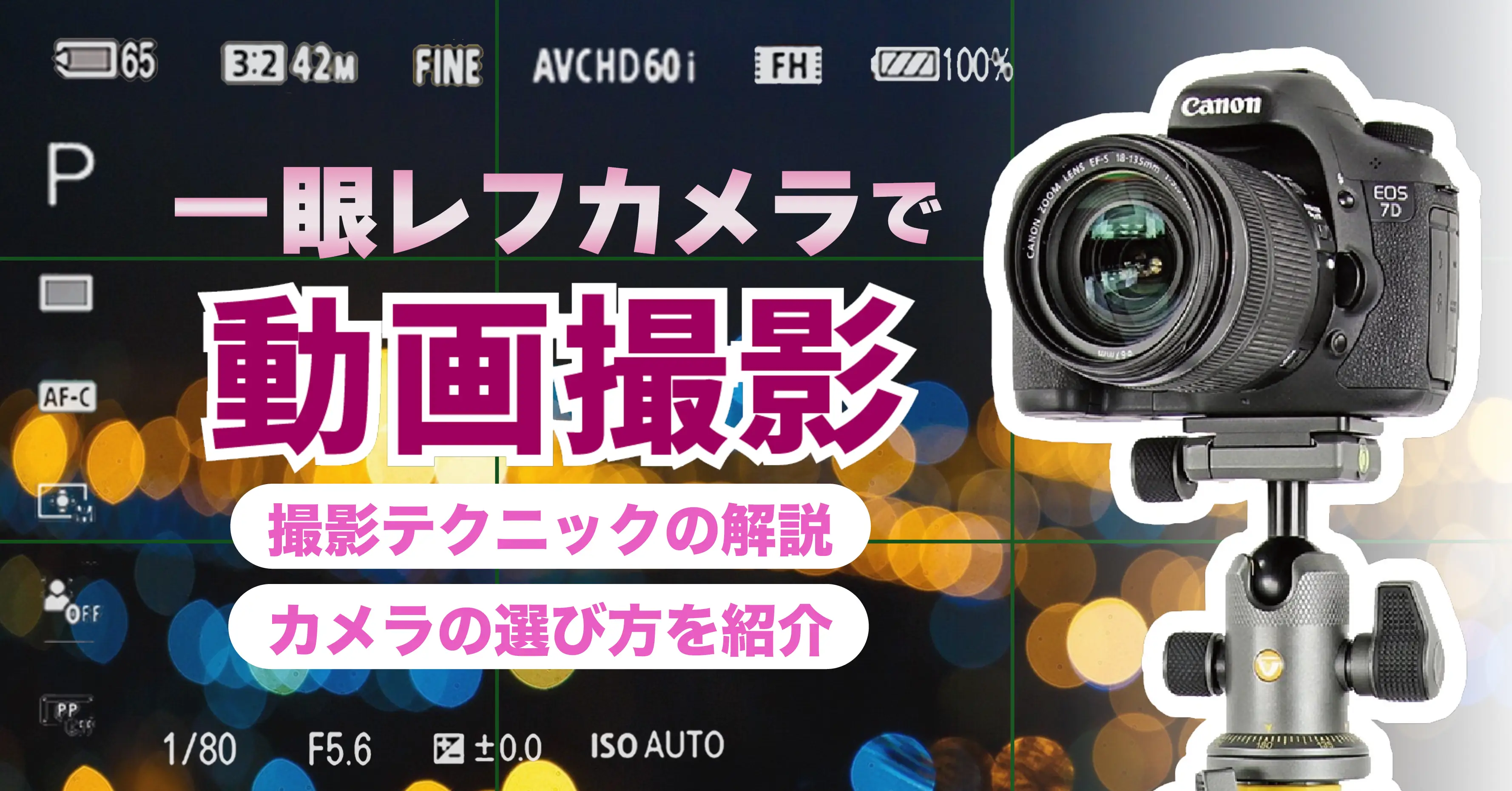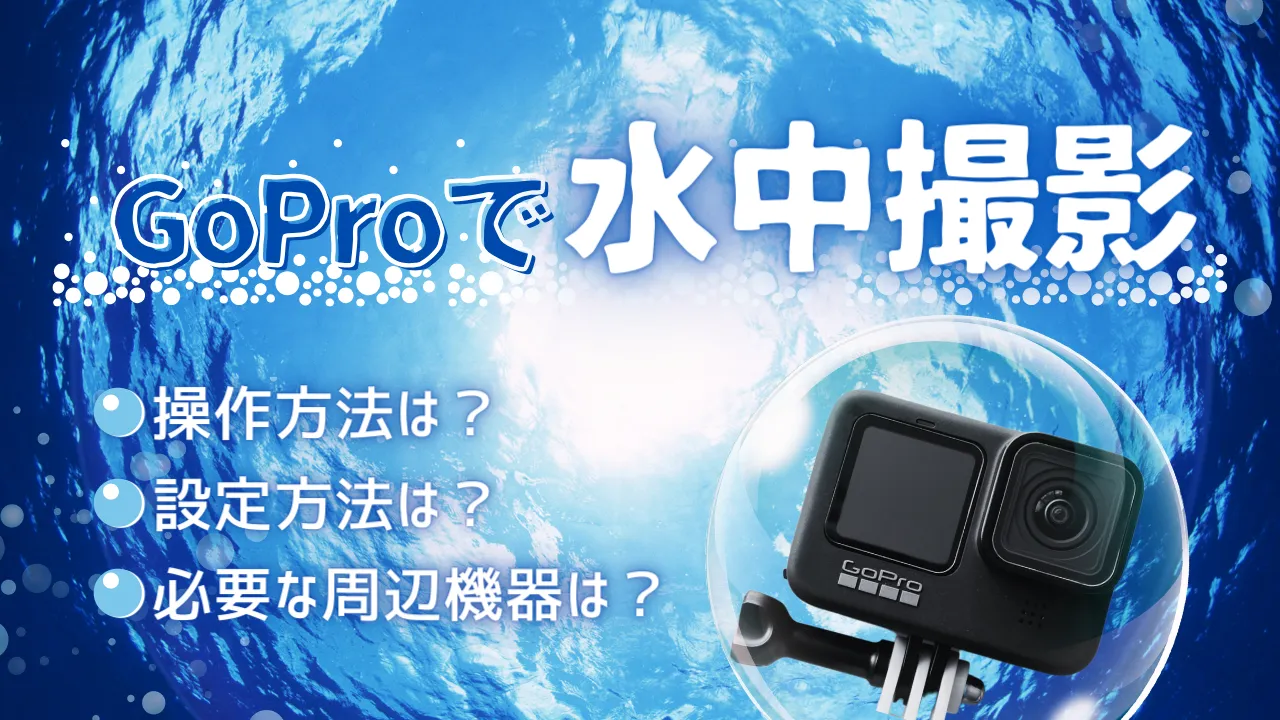[2024] The latest information on drone national certifications and licenses! We also show you how to get certified!

Drones are now readily available at electronics retailers. The government is calling it an “industrial revolution in the sky,” and we are seeing more and more of them on TV and in videos. In addition to being enjoyed by individuals, drones are also a field that is attracting the attention of companies in a variety of industries.
So, I am wondering, “Can I fly a drone without permission?” Do I need a license to fly a drone? This article discusses these questions and more. This article explains the latest status of licenses and qualifications for drones.
- Latest Status of Drone Licensing and Qualification System
- National certification system for drones
- Who needs a drone license or certification?
- Advantages of obtaining a drone license and certification
- How to obtain a national drone certification
- Consider obtaining a national drone certification if necessary.
Latest Status of Drone Licensing and Qualification System
Japan’s first national certification system for drones started in December 2022. This national qualification system is being established in conjunction with the movement to revise the Civil Aeronautics Law. As the use of drones continues to grow, the government is also making progress in establishing rules for the industry.
To understand the latest status of the drone license and qualification system, it is necessary to understand the Civil Aeronautics Law regarding drone flights.
Trends in Law Reforms Related to Drones
In recent years, Japan has been improving its laws regarding drones.
In the early days of drone use in Japan, there were few users and no clear laws were in place. As a result, drone flight was left up to the common sense and morals of the users.
However, in 2015, several incidents involving drones occurred in Japan (such as the crash at the prime minister’s office). Those incidents triggered a full-fledged legal reform.
The number of users is increasing every year, partly due to technological breakthroughs by drone manufacturers. Then, in 2020, the Cabinet decided to revise the Civil Aeronautics Law regarding drones, and the revised law went into effect in 2022. There are three major points of revision.
- Establishment of national certification for pilots
- Drones weighing 100g or more to be regulated
- Registration of aircraft with the Ministry of Land, Infrastructure, Transport and Tourism becomes mandatory
In conjunction with this change, drone flight methods with high risk are now classified as “specified flights”.
Outline of Specified Flights
Specific flights are defined as follows, depending on the method of flight with the highest risk among drone flights and the location (airspace) to be flown.
Reference: Aviation Safety: Flight Permit and Approval Procedures for Unmanned Aerial Vehicles – Land, Infrastructure and Transportation
In addition, the method of flight is defined as follows
引用元:航空安全:無人航空機の飛行許可・承認手続 – 国土交通
If a flight falls under the category of a specified flight, permission/application to the Ministry of Land, Infrastructure, Transport and Tourism is required, and a fine of up to 500,000 yen may be imposed if a specified flight is conducted without permission.
If the above-mentioned specified flight does not fall under any of the above categories, no specific permission/application to the Ministry of Land, Infrastructure, Transport and Tourism is required.
Many people may think that such permission/application is painstaking and troublesome. Therefore, a national certification system was started at the same time to eliminate or simplify such procedures
National certification system for drones
National certification for drones has a short history, starting in December 2022. The official name is “Unmanned Aircraft Pilot” and is classified into two categories: first class and second class.
The certification simplifies the application process for obtaining a drone flight permit and proves that the applicant is knowledgeable about safety and skilled in flying techniques.
Difference between national and private qualifications
Until the national qualification system started in December 2022, there were private qualifications, and those who wanted to step up as drone pilots or simplify their application to the Ministry of Land, Infrastructure, Transport and Tourism obtained private qualifications.
After the national qualification system started, it can be said that the national qualification is superior to the private qualification in terms of permission and application to the Ministry of Land, Infrastructure, Transport and Tourism. In the case of private qualifications, the application itself is necessary, although the application after acquisition can be simplified. With a national certification, the application itself is not required, depending on the flight category as described below. In particular, “Level 4 flight,” which carries a high flight risk, is only allowed for first-class license holders.
National certification will be the mainstream for drone certification in the future.
Is it necessary to get a private certification?
If a national certification has been established, does it not make sense to obtain a private certification? Private qualifications may seem less effective when viewed from the aspect of permission and application only.
However, the acquisition of a private qualification itself is not a waste of time. Each private qualification has different test content, and the knowledge and skills acquired for that qualification will improve your skills as a drone pilot.
In particular, in the case of the private certification of DJI, which boasts a 70% share of the global drone market, the scope of the exam includes questions specific to DJI products, which will deepen your understanding of the aircraft.
Also, if you have obtained a private certification, you can take the “Experienced Persons Course” at a training organization when you obtain a national certification, which has the advantage of saving you time and money.
Please choose the certification that best suits your objectives.
Types of National Drone Certifications
There are two types of national drone certifications: first class and second class.
First class is the higher level and simplest to apply for a flight permit, but it is also very difficult to obtain. Before understanding the difference between first and second class, it is necessary to understand the categories of drone specific flights.
Category Overview
| カテゴリー | 内容 | 申請の有無 |
|---|---|---|
| カテゴリーⅢ | 特定飛行のうち、無人航空機の飛行経路下において立入管理措置を講じないで行う飛行。(=第三者の上空で特定飛行を行う) | 一等のみ飛行可 ※要申請 |
| カテゴリーⅡA | 特定飛行のうち、無人航空機の飛行経路下において立入管理措置を講じたうえで行う飛行。(=第三者の上空を飛行しない)空港等周辺150m以上の上空催し場所上空危険物輸送及び物件投下に係る飛行最大離陸重量25kg以上 | 一等・二等ともに飛行可 ※要申請 |
| カテゴリーⅡB | 特定飛行のうち、無人航空機の飛行経路下において立入管理措置を講じたうえで行う飛行。(=第三者の上空を飛行しない)DID上空夜間目視外人又は物件から30mの距離を取らない飛行飛行させる無人航空機の最大離陸重量が25kg未満 | 一等・二等ともに飛行可 ※申請不要 |
| カテゴリーⅠ | 特定飛行に該当しない飛行。航空法上の飛行許可・承認手続きは不要。 | 資格なしでも飛行可 |
Thus, the scope of flying varies by category for first and second class licenses.
First Class License
First Class Unmanned Aircraft Pilot is the highest level of drone license and certification in the country. In addition to the second class qualification, it allows for high-risk “Category III” and “Level 4 flight” flights.
Both the academic and practical examinations are extremely challenging and require sufficient preparation and study to obtain the certification. In the practical test, the flight test is conducted in ATTI mode without GNSS (satellite communications such as GPS) control, and in the departmental test, there are questions for first class only, including calculation questions.
Second class license
Category II certification is granted for specific drone flights. Since Category II alone expands the range of flights, many people acquire this qualification as a first step.
In particular, “DID areas” and “out-of-sight” areas tend to fall under the category of specified flights, so it is a great advantage to be able to eliminate the need for permission and application by taking entry control measures.
Who needs a drone license or certification?
Category I flights do not fall under the category of specified flights, and therefore do not require a license or application to the Ministry of Land, Infrastructure, Transport and Tourism. Therefore, it is not always necessary to obtain a license, permit, or application to fly a drone.
Then, who should obtain a license or certification?
Persons who use drones for business purposes
Individuals and companies that are considering using drones in their business in the future should obtain certification. Examples of industries already using drones include
- Video Shooting Services
- Transportation
- Pesticide spraying in agriculture
Flights for these operations fall under “specified flights” such as flying out of sight, flying in DID areas, and loading more than 25 kg.
It takes 10 days at the earliest to receive permission after submitting a flight application to the Ministry of Land, Infrastructure, Transport and Tourism. Therefore, considering the time and effort required to respond to urgent business requests, it is essential to acquire a certification to fly for business purposes.
People who want to improve their skills as drone pilots
The skills and knowledge gained during the qualification process will undoubtedly be useful for subsequent drone flights.
The coursework will deepen your understanding of the laws and risks, and help you avoid unintentional violations.
For the practical test, you will fly in a different test aircraft than the one you normally use. The experience of taking the test in an aircraft you are not familiar with will help you improve your skills as a drone pilot.
Advantages of obtaining a drone license and certification
If you only fly drones occasionally as a hobby, a license or certification may be considered unnecessary.
However, if you fly more frequently, you may fall under the category of “specified flights. We recommend that you consider obtaining a license/qualification depending on the type of flying you do.
Category II can be flown without application
One of the major advantages of this system is that “DID areas” and “out-of-sight” areas, which tend to fall under the category of “specified flights,” can be flown without the need for an application. Although it is possible to fly without a license or qualification, it is time-consuming to apply to the Ministry of Land, Infrastructure, Transport and Tourism (MLIT) on a case-by-case basis. After submitting an application to the Ministry of Land, Infrastructure, Transport and Tourism, it takes about 10 days to receive permission and approval, so being able to cut down on that time is a big advantage.
It is proof of drone flying skills and knowledge.
Naturally, in order to obtain a license or certification, one must pass a practical and a departmental examination. This is proof that you have acquired specialized skills and knowledge through practice and study. This proof is very convincing in the eyes of a third party.
Future Prospects for Drone Operations
As mentioned above, drones are still being introduced in a variety of fields. The expansion of drone use in business operations will increase the demand for pilots. In addition, more companies are expected to introduce drones in the future, even if they have not introduced drones at the present stage. In anticipation of the future expansion of drone operations, it would be advantageous to acquire a license or certification ahead of time.
How to obtain a national drone certification
There are two ways to obtain a national drone certification. One is to attend a registered training institute registered with the Ministry of Land, Infrastructure, Transport and Tourism, and the other is to obtain certification without attending a registered training institute. This is similar to attending a driving school to obtain a car license and taking a one-shot test.
Obtaining a driver’s license at a registered training institute
There are two types of drone schools: those that have been approved by the Ministry of Land, Infrastructure, Transport and Tourism (MLIT) and those that have not. An accredited school is an official training institute that offers national certification.
Costs and the number of days required vary depending on the school and whether you are an experienced or beginner trainee, but the average costs are as follows. It is advisable to check the details in advance.
- Cost: 100,000-200,000 yen
- Number of days: 1 to 3 days
Obtained at designated testing institutions
Obtaining the license at a designated testing institute is similar to a one-shot exam for a car license. Students prepare for the exam by self-study.
- Cost: Approx. 20,000 yen
- Number of days: 1 day
It may seem more affordable than a training institute, but it is very difficult and repeated attempts can be costly and time consuming. Unless you are very confident, it is wise to take the exam at a training institute.
Consider obtaining a national drone certification if necessary.
As you can see, the drone system is being improved day by day. Some people may think that they cannot fly a drone as they wish even though they have purchased an expensive aircraft.
If you want to fly a drone in earnest or use it for work in the future, acquiring a national certification will be a weapon for you.
Team HENSHIN also offers drone Video Shooting services. We will take care of the troublesome procedures such as permits and applications on your behalf, and propose a plan tailored to your needs. Please see the following page for details.
▶ About Team HENSHIN’s drone Video Shooting






